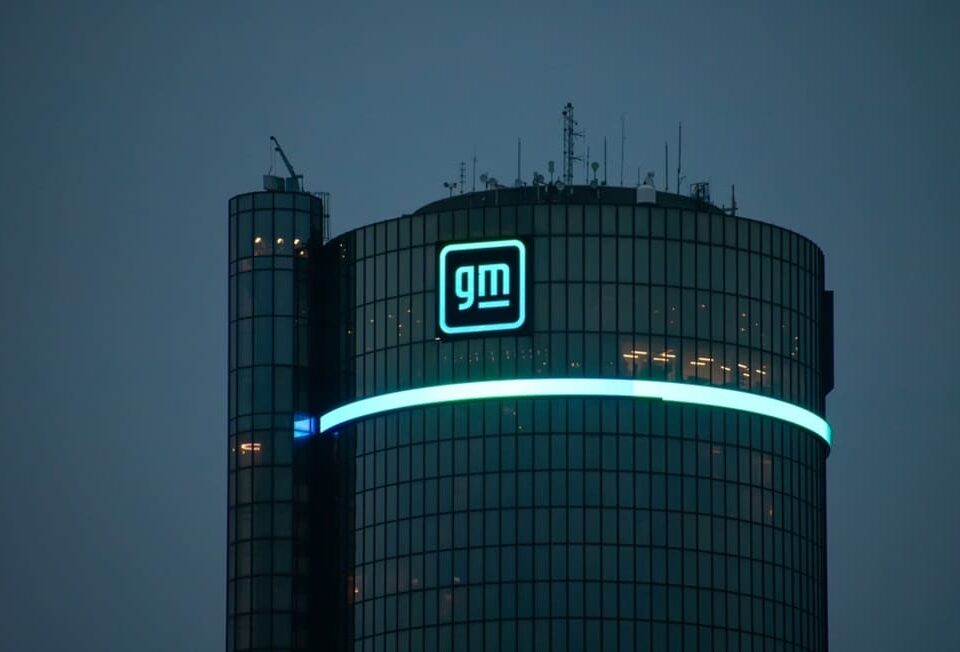- Have any questions?
- 888-432-8878
- steve@sebackground.com
Interviews traditionally start with one question, “Tell me about yourself.” It feels simple enough at first glance—you’ve lived your life and know everything that you’ve experienced before. However, when faced with the question in an interview, many of us freeze up with no idea what the best way to respond is. As a multifaceted individual, there are likely many different things you can say about yourself, but you only have a little time available to get the most relevant information out.
When an interviewer asks them to tell them about yourself, there are a few different bits of information that should come to the forefront of your mind.

Image: Pexels
“Tell Me About Yourself”—Facing the Interview Question That No One Prepares You For
When you’re expected to respond to the “tell me about yourself” interview question, it can often feel like the interviewer is putting you on the spot. Before the behavioral questions, situational questions, and the technical questions that come your way, the interview almost always starts with this one. You might wonder why they decided to ask that question when they already have your resume in front of them, but the reasoning is quite simple.
By providing you with open-ended interview questions, the interviewer aims to give you a chance to lead the interview and present them with the information that is most relevant to your getting the job. It replaces small talk by giving you a chance to collect yourself and begin with a brief introduction that may not be conveyed by a resume.
When an interviewer says “Tell us about yourself,” they don’t want a long list of your accolades but instead want you to pick out the points that make you an ideal candidate for the role. Sometimes the interviewer may start the interview by addressing the details you just recounted in your answer and in other situations, they might just listen and move on to the questions they had ready for you.
In both cases, it is important for you to make a good first impression and respond to the “tell me about yourself” interview question calmly.
How To Answer When You’re Asked “Tell Me About Yourself”
If you don’t know where to start when you’re asked to talk about yourself, then it’s a good idea to prepare a structure for yourself in advance. Your introduction might have to vary slightly from role to role to present the most relevant details for that particular position, but your background is not going to change dramatically so your answers don’t have to either.
There are a few different categories you should prioritize in your “tell me about yourself” responses to ensure you cover all your bases.
Start With Your Name and Current Position
Just like with any other introduction, you should start with your name and your current work position. It sets the tone for the most recent experiences and knowledge you’ll be transferring from, and that is why it’s essential to cover it first.
Mention your role title and the organization you work for, with a line or two to describe how long you’ve been at this current job. If you’ve only been in your current role for a few months, it’s best to skip that particular detail.
If you don’t have many other relevant roles to recount, you can also include a line or two about the kind of tasks you cover or the recent projects you’ve worked on.
Mention A Few of Your Past Roles
Consider 2-3 of your past roles that are most relevant to the position without breaking down each one in detail. This provides the interviewer with some understanding of your experience in the industry. Depending on the position you are applying for, mention the jobs most compatible with the position you want.
If you’re new to the industry and don’t have too much work experience, mention your educational background and highlight the courses that are most relevant to your upcoming experience.
Bring Some Attention to Your Skill Sets
Mention some of the soft skills and technical skills that are relevant from your past experiences. While responding to a “tell me about yourself” interview question, it’s also beneficial to showcase your skills that are of note. If you’re applying for a leadership role, mention your experience as a project manager at a past job or any product launches that you were in charge of.
Similarly, when you’re applying for a client-facing position, highlight your people skills, communication skills, empathetic approach, etc. You don’t have to justify each quality but mention the important ones in passing.
Add In Your Aspirations for the Future
The “tell me about yourself” interview response can also include details about your future ambitions. You do not have to provide an elaborate summary about the kind of roles you’re seeking, but a small hint at your career aspirations can get the job done.
A simple statement that helps the interviewer see how you align with their own company goals is a great way to start your interviews. Consider adding that detail by reviewing the company’s website in advance.
Some Additional Tips on How To Answer “Tell Me About Yourself”
The general structure we outlined will give you all the necessary points to cover when the interviewer asks you to introduce yourself but we have a few additional tips to keep in mind when formulating your response.
- Read about the company and its mission in advance to better understand what points to prioritize in your introduction
- Tailor your response to fit the job description
- Keep it brief and to the point as they already have a lot of the major career points in your CV
- Speak with confidence and don’t show hesitation to answer the question with fillers like “I don’t know where to start,” or “There’s not much to say”
- Don’t jump between past and present repeatedly as it can create a confusing picture
- Highlight a few technical skills but don’t overdo it
- Don’t throw in too many personal details and humorous anecdotes as you want them to see your professional capabilities first
- Don’t talk too fast or ramble either, practice maintaining a steady pace
Don’t brag but don’t sell yourself short either—balance is key when it comes to showcasing your skills without showing off - Show enthusiasm for the role and for the industry you work in
With these pointers in mind, go get practicing and you’ll be able to ace your interview in no time.
The post No Panicking When An Interviewer Says “Tell Me About Yourself” appeared first on The HR Digest.
Source: New feed






